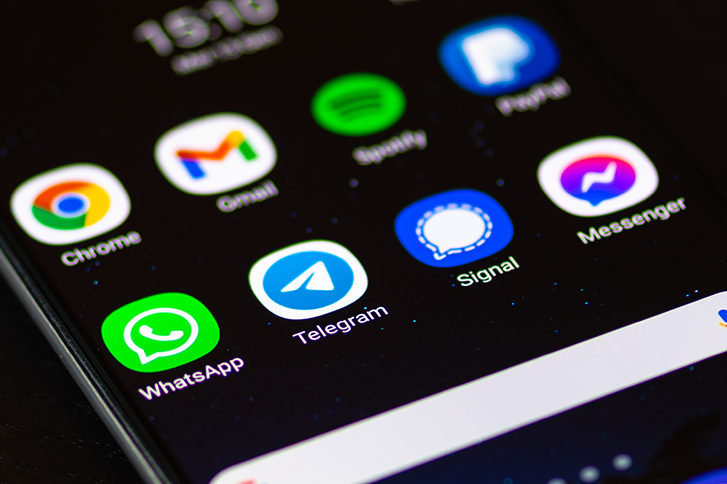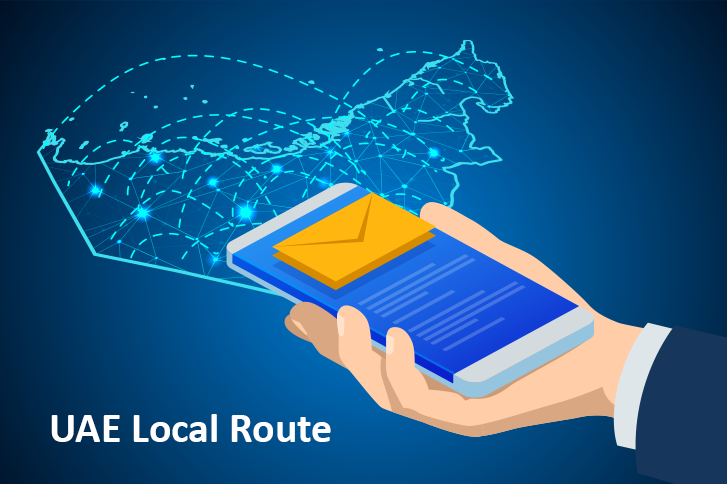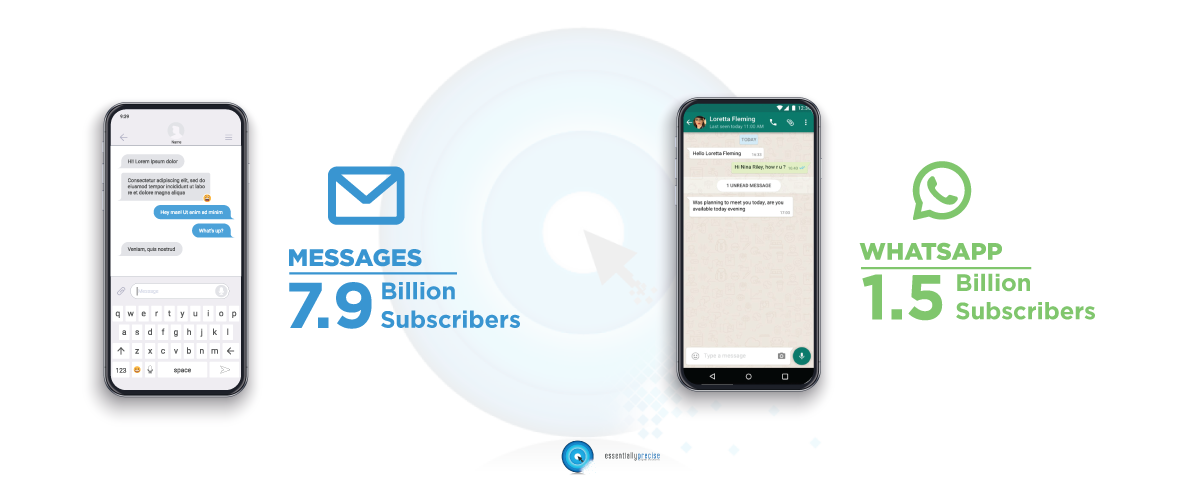
SMS as a technology has been in existence for more than 25 years and is considered equally important as phone calls. Over the last decade, we have witnessed the evolution of technologies and mobile phones to the extent that many brands, technologies, applications that were once considered irreplaceable, have become obsolete. SMS as a technology is something that is shipped with every mobile phone irrespective of the model or brand and is supported by all operators in the world. Messaging still rules the digital industry from secure authentication, OTPs, alerts to promotions.
Along with being a standalone tool for various applications, SMS has successfully grown to co-exist with other technologies. This technology is independent of any software and internet connectivity, all you need is a working mobile number to receive text messages from other mobile phones or an application (A2P). Having said that, SMS has its own limitations as compared to other platforms for sending messages – like WhatsApp, Viber, WeChat, etc. The restrictions include text length, inability to include images/videos or formatting text contents.
While on the other hand, to send or receive SMS via WhatsApp, the customer needs to install the application on their smart phone and have internet connectivity. Through WhatsApp one can send free texts, share images/videos, send audio communications and even organize group communication with anyone who is in their contact list. For personal use, WhatsApp is way more advanced than SMS texting with the additional benefit that is free. The only disadvantage is that access to an internet connection is mandatory to receive or send messages.
From person to person (P2P) perspective, WhatsApp and other chatting applications have overtaken normal texting worldwide and have affected the SMS business for operators. Sending an SMS to an international number would cost 5 times whereas for WhatsApp there is no boundary or cost associated. This, combined with additional features, has made WhatsApp the popular choice among young and tech savvy smart phone users.
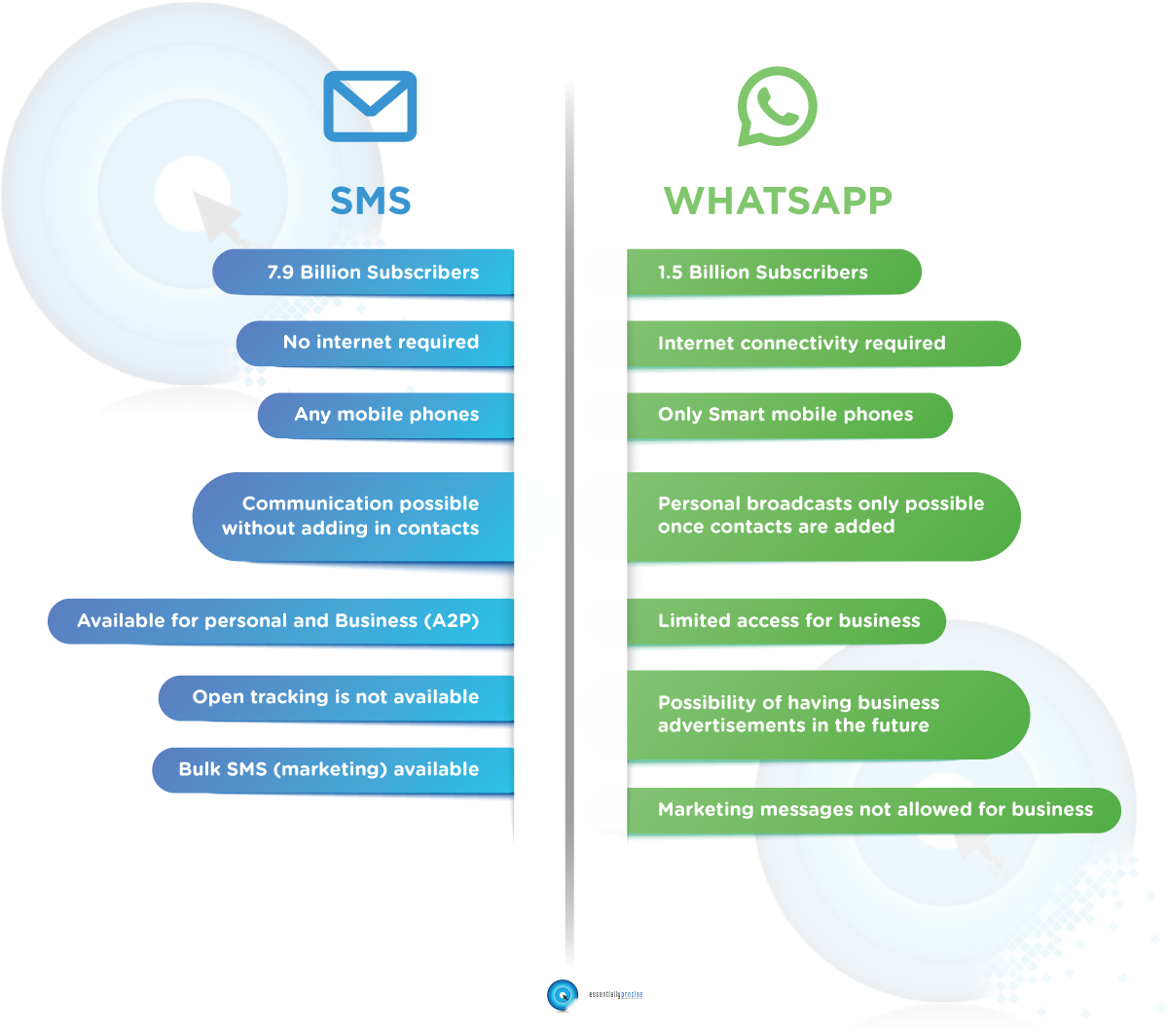
WhatsApp Business Solution
As of December 2018, WhatsApp has launched business solutions through selected partners. To avail this service, businesses have to register with one of these partners by submitting their business case and getting further approved directly by WhatsApp. On approval, WhatsApp allots a dedicated channel (number, sender name, etc.) for a business through which they can communicate to their customers either when a communication is initiated by the customer or by pushing transactional (non-marketing/promotional content) content.
If the customer initiates a communication, the business can send free messages back to the customer within 24 hours. Otherwise the cost incurred can be as high as 3 times as compared to a normal SMS messaging. Marketing, promotional or advertisements are not allowed through this channel.
WhatsApp business is implemented using WhatsApp API that will be provided by the partners to their systems. All communications are then routed through the partner’s system which in turn is connected to WhatsApp API. In case a business wants to change the partner in the future, the process should be initiated through the new partner.
Use Case – Airlines
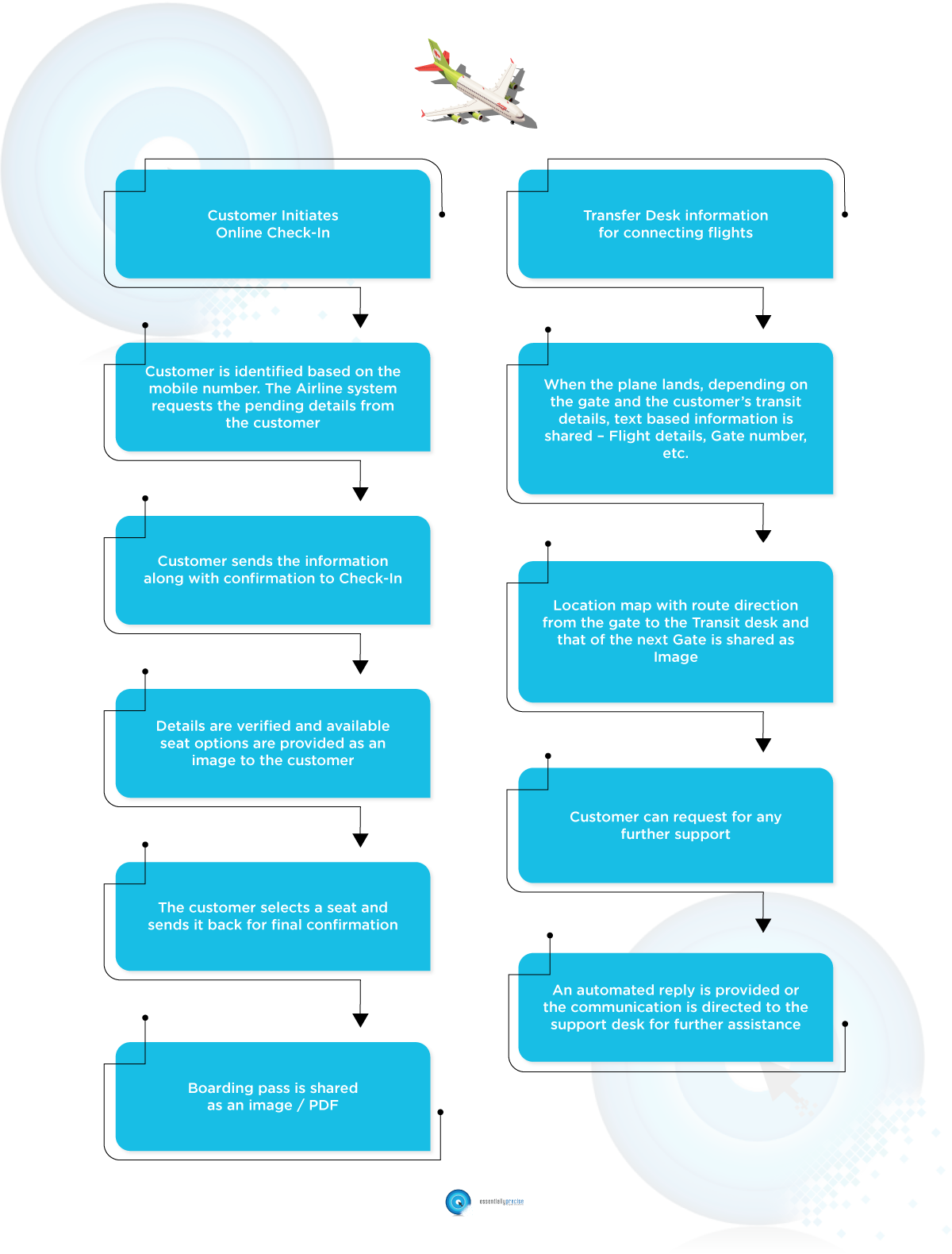
Use Case – Banking Industry
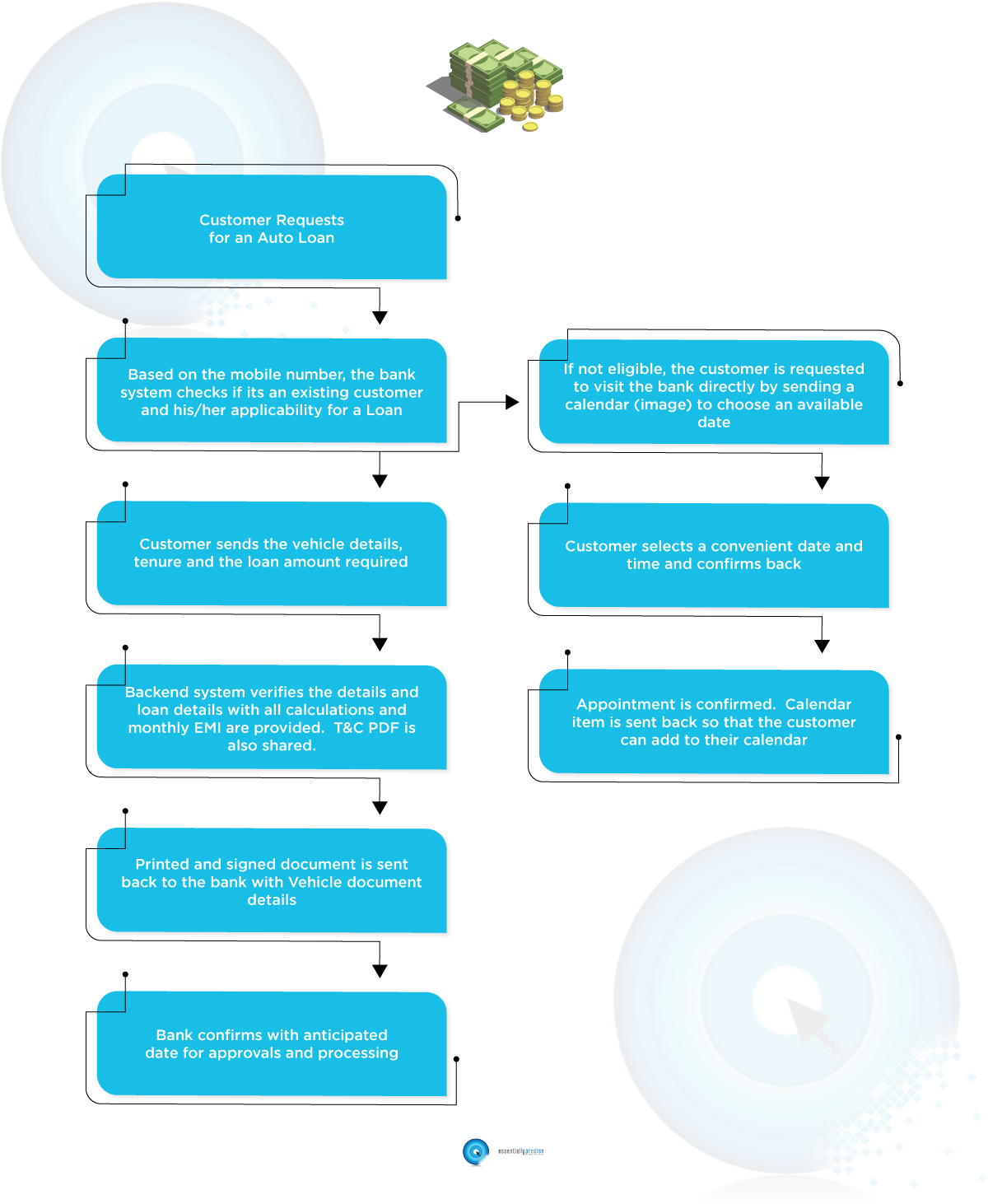
Summary
In foresight, WhatsApp business will not replace SMS messaging; rather grow to co-exist by providing multiple features to the end customer. As the technology evolves, the need for SMS (OTP, 2FA, alerts, etc) are increasing many folds. SMS usage in GCC has increased more than 45% in the last 5 years and the trend will continue. As long as a new messaging solution is invented, that is independent of mobile model, internet or operating system, SMS is to remain as long as mobile phones exists!

